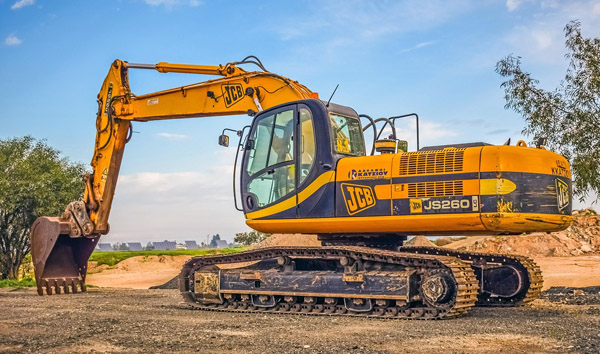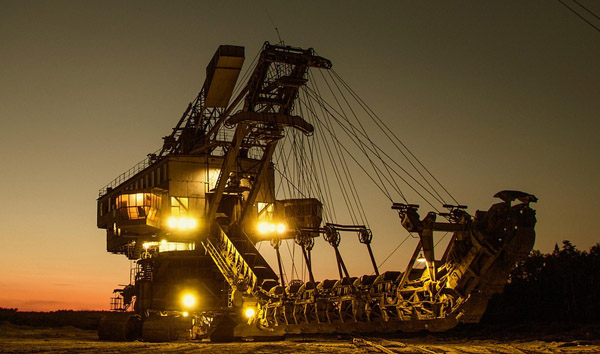The Future of Mini Rough Terrain Forklifts in Industrial Applications
2025-07-06 04:30:29
Mini Rough Terrain Forklifts have emerged as indispensable tools for industries requiring agility and power in uneven or confined spaces. Unlike standard forklifts, these compact machines are engineered with robust tires, enhanced suspension, and high-torque engines to navigate rough surfaces effortlessly. Their compact size allows them to operate efficiently in construction sites, agricultural fields, and warehouses with limited space. According to industry data, the global demand for mini rough terrain forklifts is projected to grow by 8.3% annually, driven by their versatility in diverse terrains.
One of the key advantages of mini rough terrain forklifts is their ability to handle heavy loads while maintaining stability on uneven ground. Equipped with four-wheel drive and advanced hydraulic systems, these machines can lift up to 5,000 pounds with precision. Their compact design ensures maneuverability in tight spaces, making them ideal for urban construction projects and forestry operations. Recent studies indicate that companies using mini rough terrain forklifts report a 22% increase in productivity due to reduced downtime and improved load-handling efficiency.
The integration of smart technology in mini rough terrain forklifts is transforming operational efficiency. Many modern models now feature telematics, GPS tracking, and automated load-sensing systems. These innovations enable real-time monitoring of equipment performance, fuel consumption, and maintenance needs. For instance, a leading manufacturer reported a 15% reduction in maintenance costs after implementing IoT-enabled diagnostics in their mini rough terrain forklift fleet. Such advancements underscore the growing role of automation in material handling.
Environmental sustainability is another critical factor driving the adoption of mini rough terrain forklifts. Manufacturers are increasingly incorporating electric and hybrid powertrains to reduce emissions and operational costs. A recent industry survey revealed that 40% of buyers prioritize eco-friendly models when investing in mini rough terrain forklifts. Electric variants, in particular, are gaining traction due to their lower noise levels and compliance with stringent emission regulations in urban areas.
Looking ahead, the mini rough terrain forklift market is poised for further innovation. Emerging trends include autonomous operation, AI-driven load optimization, and enhanced safety features such as collision avoidance systems. Industry analysts predict that by 2027, over 30% of new mini rough terrain forklifts will incorporate some form of autonomous functionality. As businesses continue to prioritize efficiency and sustainability, these compact yet powerful machines will remain a cornerstone of modern material handling solutions.














